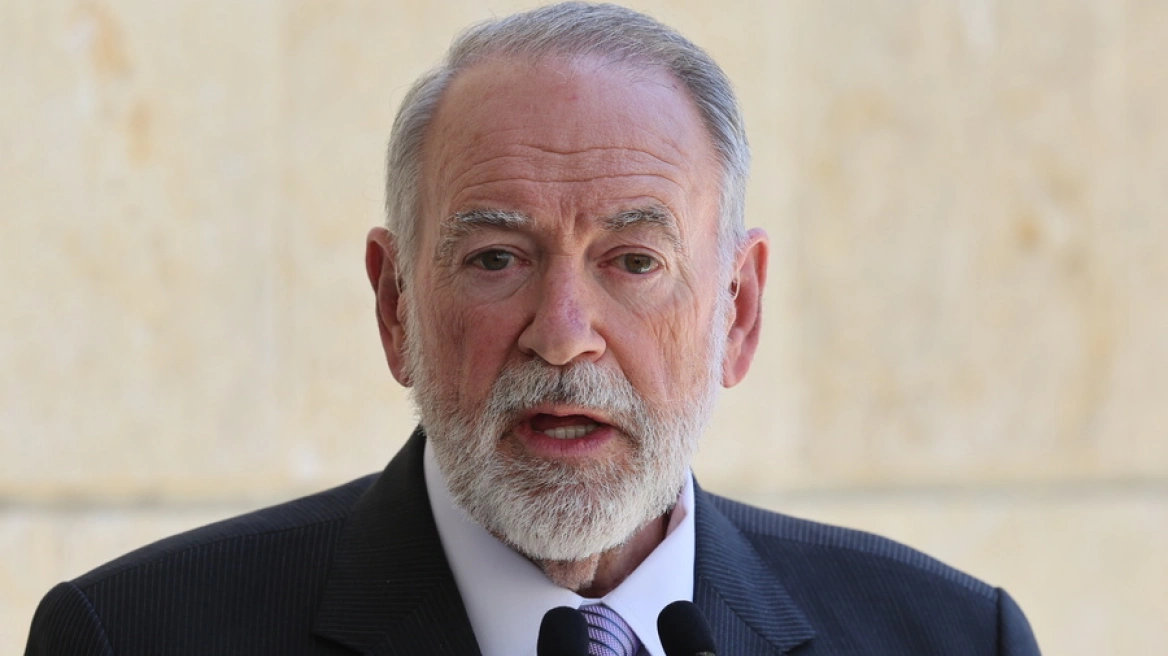Army sergeant Christos Giannakidis was planning to have a second child when Greece’s debt crisis exploded last decade, straining his finances and erasing hope of extending the family.
One son is expensive enough, he says, especially the cost of ferrying him around his remote corner of northeastern Greece where the number of children has plummeted in recent years.
Most afternoons he drives 13-year-old Nicholas 50 km (31 miles) to play soccer with the few other children scattered across the region. If Nicholas needs a paediatrician, it is even further.
“To have a family these days, you need to become a hero,” Giannakidis said on the sideline of a recent soccer practice. “To have a second child, more money must come into the house.”
As much of Europe struggles with tumbling birthrates that experts say threaten long-term economic wellbeing, Greece is a stark example of how hard it will be to reverse the trend.
In 2022, it recorded the lowest number of births in 92 years, according to most recent data, driven by the debt crisis that led to years of austerity, emigration, and changed attitudes among the young. Preliminary unofficial data indicate another drop in 2023.
Greece’s fertility rate is one of the lowest in Europe: some villages have not recorded a single birth in years.
The government is planning in May to unveil new measures to boost birthrates, officials told Reuters.
IMF predicts Greece to grow at a faster pace than the Eurozone over the next two years
The plan includes cash benefits for families, affordable housing for young people, financial incentives for assisted reproduction, and incorporating migrants into the workforce, according to officials drafting the initiatives including the family minister.
The full size and cost of the plan is not yet clear.
However, similar measures have fallen flat in other EU countries in recent decades, and demographers expect little difference in Greece. Even those behind the plans have doubts.
“If I were to tell you that any given minister at any given ministry … can reverse the trend, it would be a lie,” Sofia Zacharaki, Greece’s minister for social cohesion and family affairs, told Reuters.
Still, she said, “We need to keep trying.”
Continue here: Reuters
Ask me anything
Explore related questions





